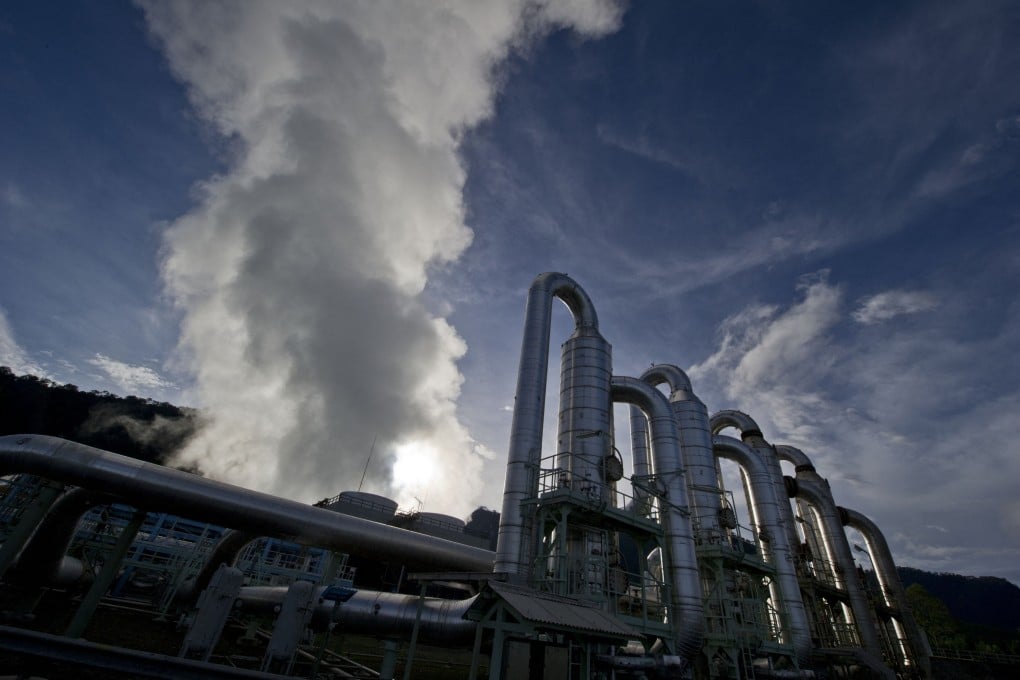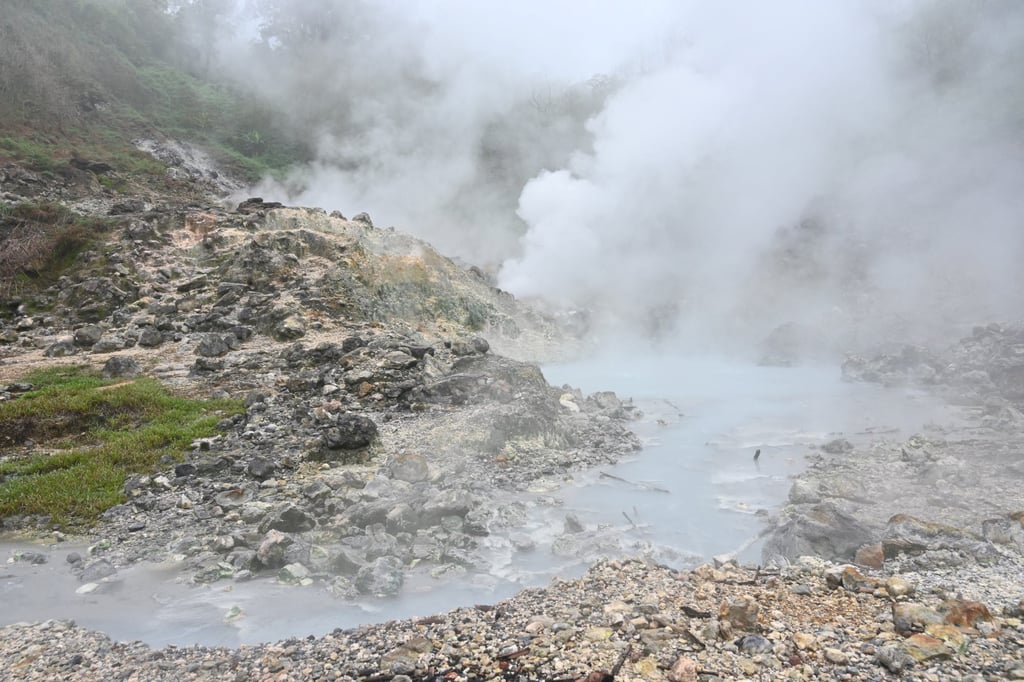Indonesia eyes ‘phenomenal’ geothermal power potential amid renewable energy push — but cost concerns remain
- Indonesia, home to 40 per cent of global geothermal resources, generated enough electricity from it last year enough to power over 2.5 million homes
- But experts are split over whether game-changing amounts of energy can be produced given the costs of drilling and insufficient government support

Geothermal energy is a renewable resource captured by drilling holes that are many kilometres deep to tap heat radiating from the planet’s molten core. The best sites for the process are where tectonic plates meet and white-hot magma bubbles through the gaps, spawning hot springs and volcanoes.
“The beauty of Indonesia is that all its islands sit on tectonic plates, so its geothermal energy potential is phenomenal,” said Marit Brommer, executive director of the International Geothermal Association.

The Southeast Asian nation has the largest geothermal reserves in the world, concentrated on the islands of Sumatra and Java.
Experts, however, are split over whether the industry will be able to hit its ambitious goals to generate game-changing amounts of energy given the costs of exploratory drilling and insufficient government support for the industry.
At Cop28, the Indonesian government is looking to attract green investment. As the world’s sixth largest emitter of carbon dioxide, according to the European Commission’s Emissions Database for Global Atmospheric Research database, it faces strong pressure to decarbonise.